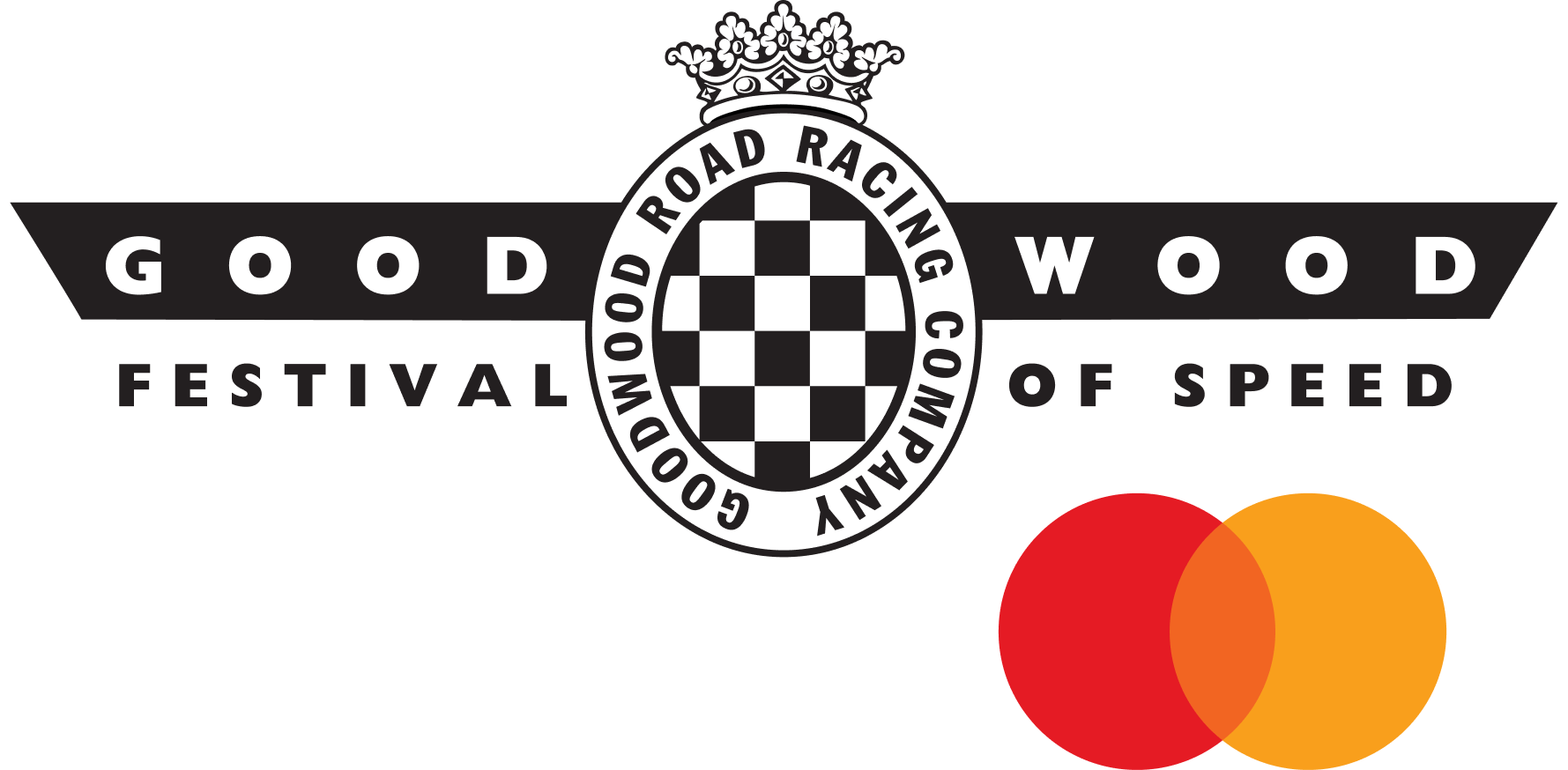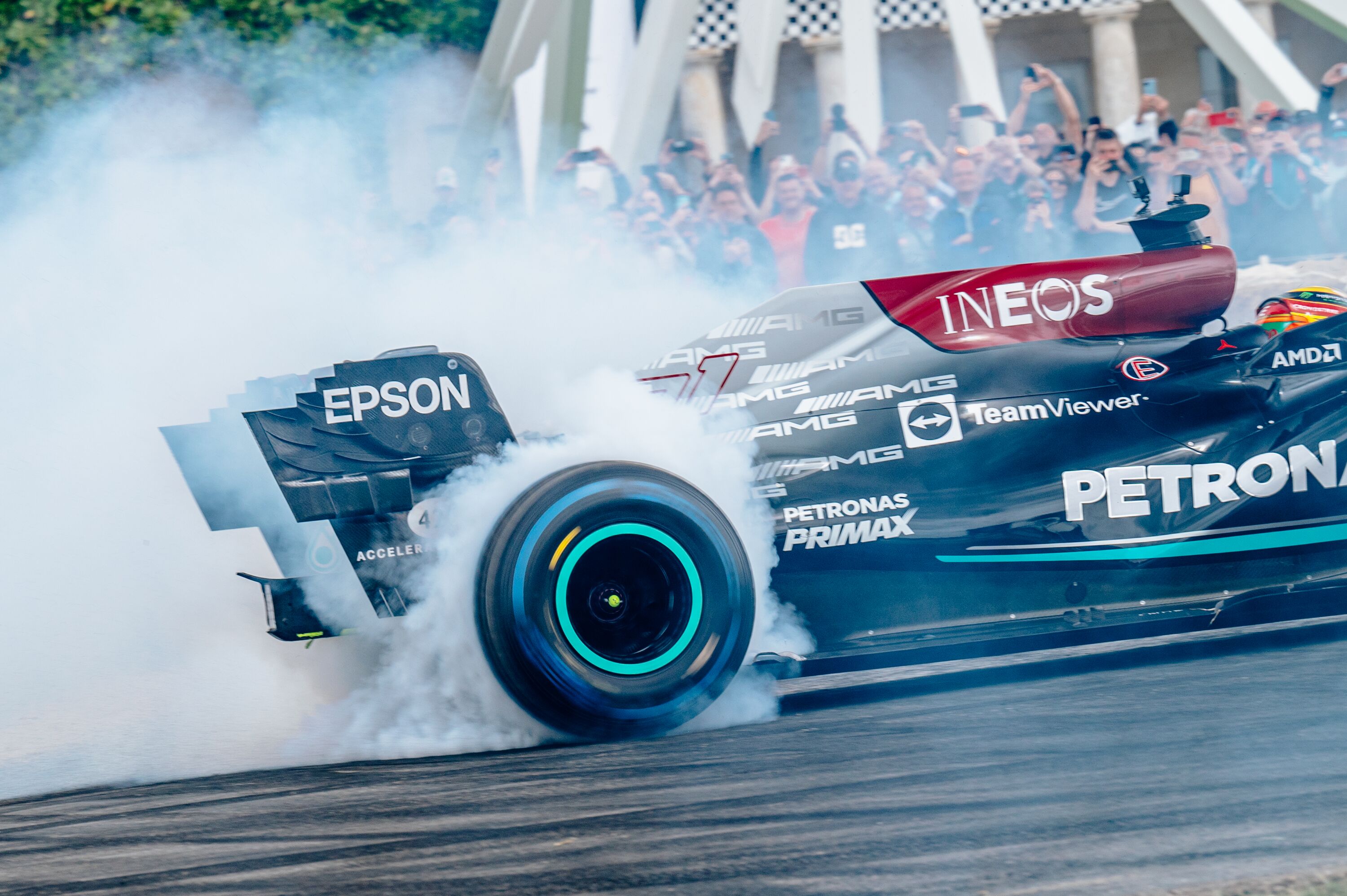The five best 1990s hot hatches you forgot
The Nineties was the undisputed era of the hot hatch, regardless of their performance, handling and desirability in comparison to other decades. It was also when their image took a bashing and they peaked in terms of popularity thanks to tabloid stories of twoccers and ram raiders and subsequent sky high insurance premiums. The following decade the manufacturers all switched their focus to coupes instead. Nevertheless, as well as the best 1990s hot hatches we brought you earlier, here are half a dozen you may have forgotten.

Volkswagen Polo G40 – 1991
Volkswagen had experimented with supercharging the Polo in the mid-1980s to homologate its smallest hatchback for a one-make race series but the limited run of 550 examples mostly went to VW employees. A facelift of the K2 Polo at the start of the following decade saw forced induction used once more and this time as a full production model.
Lowered and shod in BBS cross-spoke alloys, the supercharged supermini produced 113PS (83kW), enough for it sprint to 62mph in 8.6 seconds and on to 122mph. The sprint benchmark was a significant improvement on the then current Golf GTI eight-valve’s time and the Polo was a tad cheaper. It was also the basis for a one-make race series, the Volkswagen Polo G40 Cup, which must have been an entertaining sight accompanied by frenzied supercharger whine. High costs and the unreliability of the supercharger used persuaded VW to drop the approach after this iteration of the G40.
|
Engine and transmission |
1.4-litre supercharged inline-four, five-speed manual, front-wheel-drive |
|
Power/torque |
113PS (83kW)/150Nm (111lb ft) |
|
0-60mph |
8.6 seconds (est.) |
|
Top speed |
122mph |

Alfa Romeo 145 Cloverleaf – 1994
It has built up a cult following over the years but there’s no denying that the Alfa Romeo 147 does not deserve a place among the marque’s most elegant designs. We could try and claim kinship with the Count Drogo breadvan but really it looks like the designers left for a long Italian lunch and forgot to come back and finish it. And then you discover it was designed by Chris Bangle…
The deep bumpers, side skirts and diminutive roof spoiler of the Quadrifoglio do definitely aid the looks, the result having a bulldog purposefulness about it. That was backed up by the 2.0-litre Twin Spark engine behind the shield grille. This was borrowed from big brother Alfa Romeo 155 which was then sweeping the board I touring car championships across Europe. It’s Fiat Tipo derived suspension somehow kept torque steer away and it provided a useful sales lift to the rest of the range.
|
Engine and transmission |
2.0-litre inline-four, five-speed manual, front-wheel-drive |
|
Power/torque |
152PS (112kW)/187Nm (138lb ft) |
|
0-60mph |
8.0 seconds (est.) |
|
Top speed |
129mph |

Nissan Almera GTi – 1996
The Nissan Almera is probably best remembered now, if at all, for the inclusion of a ‘curry hook’ in the front passenger footwell, designed to keep your plastic bag of takeaway Tupperware upright on the way home. Actually, in the case of the Almera GTi, its inclusion may have been justified.
Despite the mundane starting point, the Almera’s chassis was tuned by Nissan’s UK technical centre and the end result won universal praise from testers for its grip, balance and precise steering. This helped exploit the 142PS from its rev-happy 2.0-litre engine. There was little adornment either inside or out to shout about the Almera GTi’s finer points but perhaps that is how its owners preferred it. Less attention on the way home in a hurry with a curry.
|
Engine and transmission |
2.0-litre inline-four, five-speed manual, front-wheel-drive |
|
Power/torque |
142PS (105kW)/178Nm (131lb ft) |
|
0-60mph |
7.9 seconds (est.) |
|
Top speed |
130mph |

Fiat Bravo HGT – 1997
Having foisted the squared-off 145 above onto its Alfa Romeo division (it was originally intended as the next Lancia Delta until Centre Stilo intervened), Fiat then designed itself one of the best looking hatches of the decade. The Bravo and its five door sister model the Brava had very different visual identities but it is the former which got the hot hatch treatment.
Having struck its own path with the styling, Fiat did the same for the Bravo HGT’s powertrain, eschewing the typical four-cylinders (turbocharged or otherwise) for a 2.0-litre, 20-valve five-pot taken from the Fiat Coupe. It wasn’t as deft as 306 GTi or as sharp as a Clio Williams but it handled neatly and its off-beat engine provided a uniquely encouraging soundtrack.
|
Engine and transmission |
2.0-litre inline-five, five-speed manual, front-wheel-drive |
|
Power/torque |
147PS (108kW)/186Nm (137lb ft) |
|
0-60mph |
8.0 seconds (est.) |
|
Top speed |
132mph |

Honda Civic Type R EK9 – 1997
OK, so we are cheating slightly with this one as the very first generation of Civic Type R was never sold in the UK, let alone made here as subsequent generations have been. But oh we wish it had been. Taking inspiration from its stablemate the Integra Type R, the Civic was Honda’s interpretation of a track-focused hot hatchback. Weight was stripped out, gear ratios were more closely stacked and the front differential was a limited-slip unit. The Recaro seats, titanium gear knob, Momo steering wheel and bold red interior which became Type R tropes all started here.
The hand-ported B16B engine boasted one of the highest specific outputs of any naturally aspirated engine at the time, producing 185PS (136kW) at a screaming 8,200rpm from a mere 1.6-litres. Had it been sold here it would have demolished all opposition, sprinting to 60mph in 6.7 seconds and on to 140mph. Thankfully its successor was not only sold but built here as well.
|
Engine and transmission |
1.6-litre inline-four, five-speed manual, front-wheel-drive |
|
Power/torque |
185PS (136kW)/160Nm (118lb ft) |
|
0-60mph |
6.7 seconds (est.) |
|
Top speed |
140mph |
List
Volkswagen
Polo
Nissan
Almera
Alfa Romeo
145
Fiat
Bravo
Honda
Civic
Type R































































